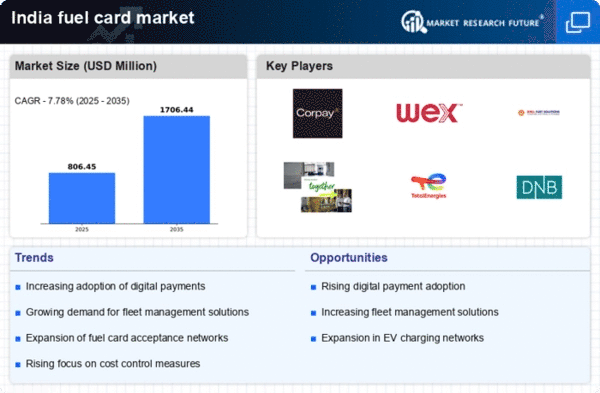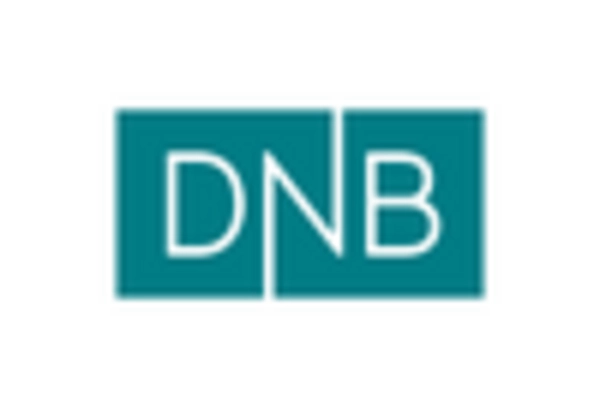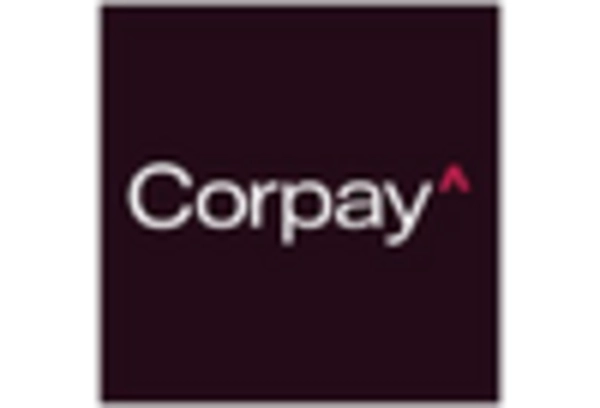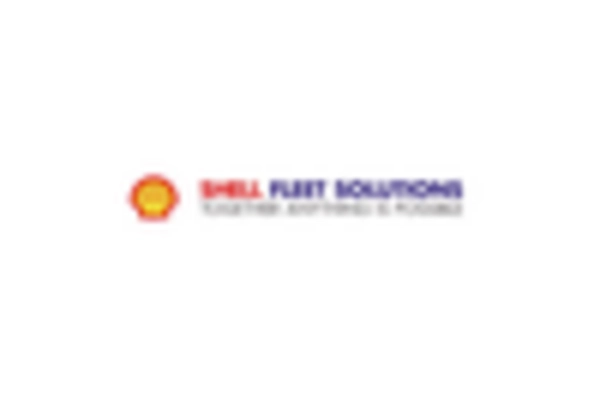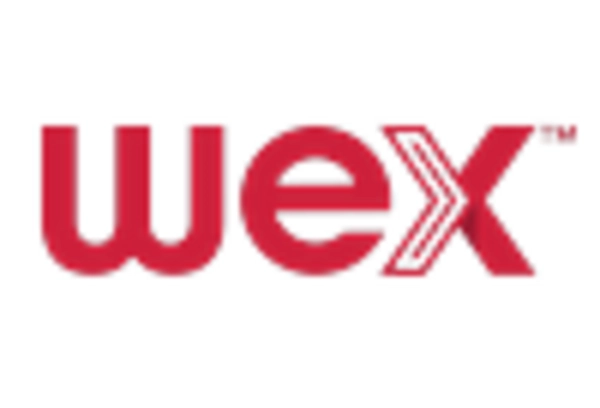Rising Fuel Prices
The fuel card market in India is experiencing a notable surge due to the continuous rise in fuel prices. As fuel costs escalate, businesses are increasingly seeking efficient ways to manage their fuel expenditures. Fuel cards offer a streamlined solution, allowing companies to monitor fuel consumption and expenses in real-time. This trend is particularly evident in the logistics and transportation sectors, where fuel constitutes a significant portion of operational costs. According to recent data, the average fuel price in India has increased by approximately 15% over the past year, prompting companies to adopt fuel cards as a cost-control measure. The fuel card market is thus positioned to grow as organizations prioritize financial efficiency amidst fluctuating fuel prices.
Digital Payment Adoption
The rapid adoption of digital payment solutions in India is significantly influencing the fuel card market. As consumers and businesses alike embrace cashless transactions, fuel cards are becoming an attractive option for managing fuel expenses. The convenience of digital payments aligns with the preferences of modern consumers, who favor seamless and efficient transaction methods. Recent statistics indicate that digital payment transactions in India have surged by over 200% in the last two years, reflecting a broader trend towards digitization. This shift is likely to bolster the fuel card market, as more businesses recognize the benefits of integrating fuel cards into their payment systems, thereby enhancing operational efficiency and reducing administrative burdens.
Environmental Regulations
The increasing stringency of environmental regulations in India is shaping the fuel card market. As the government implements policies aimed at reducing carbon emissions and promoting sustainable practices, businesses are compelled to adopt measures that align with these regulations. Fuel cards can facilitate compliance by providing detailed reports on fuel consumption and emissions, enabling companies to monitor their environmental impact. The fuel card market is thus likely to benefit from this regulatory landscape, as organizations seek solutions that not only enhance operational efficiency but also support their sustainability goals. With the Indian government targeting a 30% reduction in emissions by 2030, the demand for fuel cards that assist in compliance is expected to grow.
Focus on Operational Efficiency
In the competitive landscape of Indian businesses, there is an increasing emphasis on operational efficiency, which is propelling the fuel card market. Companies are actively seeking solutions that streamline processes and reduce costs. Fuel cards serve as a vital tool in this regard, offering features such as expense tracking, reporting, and fraud prevention. By utilizing fuel cards, businesses can gain better control over their fuel expenditures, leading to improved financial management. The fuel card market is likely to see growth as organizations prioritize tools that enhance productivity and reduce unnecessary expenses. As operational efficiency becomes a key performance indicator, the adoption of fuel cards is expected to rise, further solidifying their role in the market.
Increased Fleet Management Needs
The growing complexity of fleet management in India is driving demand for fuel cards. As businesses expand their operations, the need for effective tracking and management of fuel consumption becomes paramount. Fuel cards provide fleet managers with detailed insights into fuel usage, enabling them to optimize routes and reduce wastage. The fuel card market is witnessing a shift towards integrated solutions that combine fuel management with telematics and vehicle tracking. This integration not only enhances operational efficiency but also contributes to better decision-making. With the number of registered commercial vehicles in India exceeding 10 million, the potential for fuel card adoption in fleet management is substantial, indicating a robust growth trajectory for the fuel card market.

